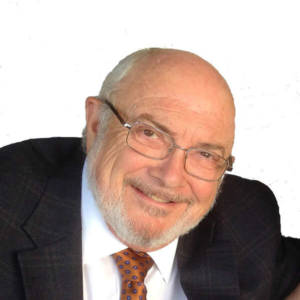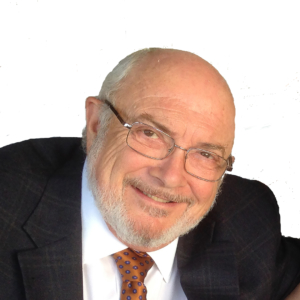Friday Filosophy v.04.08.2022
Carl Edward Sagan (November 9, 1934 – December 20, 1996) was an American astronomer, planetary scientist, cosmologist, astrophysicist, astrobiologist, author, and science communicator. Sagan argued the hypothesis, accepted since, that the high surface temperatures of Venus can be attributed to, and calculated using, the greenhouse effect. He testified to the US Congress in 1985 that the greenhouse effect will change the earth’s climate system. Initially an assistant professor at Harvard, Sagan later moved to Cornell where he would spend the majority of his career as the David Duncan Professor of Astronomy and Space Sciences. Sagan published more than 600 scientific papers and articles and was author, co-author or editor of more than 20 books.
He wrote many popular science books, such as The Dragons of Eden, Broca’s Brain, Pale Blue Dot and narrated and co-wrote the award-winning 1980 television series Cosmos: A Personal Voyage. The most widely watched series in the history of American public television, Cosmos, has been seen by at least 500 million people in 60 countries. The book Cosmos was published to accompany the series. He also wrote the 1985 science fiction novel Contact, the basis for a 1997 film of the same name. His papers, containing 595,000 items, are archived at The Library of Congress.
Sagan advocated scientific skeptical inquiry and the scientific method, pioneered exobiology and promoted the Search for Extra-Terrestrial Intelligence (SETI). He spent most of his career as a professor of astronomy at Cornell University, where he directed the Laboratory for Planetary Studies. Sagan and his works received numerous awards and honors, including the NASA Distinguished Public Service Medal, the National Academy of Sciences Public Welfare Medal, the Pulitzer Prize for General Non-Fiction for his book The Dragons of Eden, and, regarding Cosmos: A Personal Voyage, two Emmy Awards, the Peabody Award, and the Hugo Award. He married three times and had five children. After suffering from myelodysplasia, Sagan died of pneumonia at the age of 62, on December 20, 1996.
- We live in a society exquisitely dependent on science and technology, in which hardly anyone knows anything about science and technology.
- For small creatures such as we the vastness is bearable only through love
- Extinction is the rule. Survival is the exception.
- In our obscurity – in all this vastness – there is no hint that help will come from elsewhere to save us from ourselves. It is up to us.
- Imagination will often carry us to worlds that never were. But without it we go nowhere.
- The brain is like a muscle. When it is in use, we feel very good. Understanding is joyous.
- The dangers of not thinking clearly are much greater now than ever before. It’s not that there’s something new in our way of thinking – it’s that credulous and confused thinking can be much more lethal in ways it was never before.
- Our species needs, and deserves, a citizenry with minds wide awake and a basic understanding of how the world works.
- When you make the finding yourself – even if you’re the last person on Earth to see the light – you’ll never forget it.
- I am often amazed at how much more capability and enthusiasm for science there is among elementary school youngsters than among college students.
- A celibate clergy is an especially good idea, because it tends to suppress any hereditary propensity toward fanaticism.
- We’ve arranged a civilization in which most crucial elements profoundly depend on science and technology.
- The professed function of the nuclear weapons on each side is to prevent the other side from using their nuclear weapons. If that’s all it is, then we’ve gotta ask: how many nuclear weapons do you need to do that?
- Today, we’re still loaded down – and, to some extent, embarrassed – by ancient myths, but we respect them as part of the same impulse that has led to the modern, scientific kind of myth. But we now have the opportunity to discover, for the first time, the way the universe is in fact constructed as opposed to how we would wish it to be constructed.
- Personally, I would be delighted if there were a life after death, especially if it permitted me to continue to learn about this world and others, if it gave me a chance to discover how history turns out.
The Time is Now



